How Prioritizing Mental Health Can Improve Your Hair
Many people think of mental health as something separate from their physical health. Still, these two are actually very closely linked. Your mental health can affect your physical well-being - one of those being the health of your hair.
The importance of mental health
It’s unfortunate that mental health is often spoken about in hushed tones or treated as a taboo subject. But your mental health is as important as your physical health.
Mental health is one of the foundations of who we are. It affects our emotional, psychological, and social well-being as it determines how we think, feel or act. It also plays a key role when dealing with stressors like anxiety, depression, or trauma. Too, our mental health affects our ability to interact with others and cope with change or difficult situations. That’s why it’s vital to pay attention to our state of mental well-being and seek help when needed.
How is stress affecting your hair?
When you're stressed, your body switches into fight-or-flight mode. This means that your body is preparing to either face a threat or run away from it. In any case, the goal is to conserve energy so that you can fight or flee. As a result, your body starts shutting down non-essential functions like digestion and reproduction. Unfortunately, hair growth is also considered a non-essential function. So when you're stressed, hair growth slows down. In cases of chronic stress, it can even lead to hair loss and alopecia.
Stress can also trigger or worsen conditions like alopecia and dandruff. It can cause hair to become brittle and break. Additionally, people struggling with mental health issues may neglect their personal hygiene, leading to scalp problems and unhealthy locks.
So, what can you do to reduce stress and improve your hair?
One simple way is this: prioritizing mental health in your daily life. You’re reducing your stress levels by exerting effort to improve your mental well-being. And by reducing your stress levels, you can also help improve the condition of your hair. Here's how:
Get enough sleep
When you don't get enough sleep, your body goes into "survival mode" and starts to ration energy. This means less priority is given to vital functions like cell regeneration and repair. This can result in duller, drier skin and hair.
Getting a good night’s sleep helps to keep cortisol levels in check, which can help to reduce hair loss. Too, sleep helps to reduce inflammation throughout the body. Quality sleep can lead to healthier hair.
Try to get seven to eight hours of sleep per night to keep your body and mind functioning at their best.
Exercise regularly for scalp health
Exercise helps increase blood flow throughout your body, including blood flow to your scalp. This increased vital blood flow delivers nutrients and oxygen to your hair follicles. This helps promote healthy hair growth. So, get at least 30 minutes of exercise every day. Walking is an excellent form of exercise that’s easy to do and doesn't need any special equipment or knowledge.
Also, exercise releases endorphins, which have mood-boosting effects. Regular exercise can also help reduce stress levels and improve self-esteem. Both of these benefits can also promote healthy hair growth.
A healthy diet for thicker hair
A healthy diet is essential for good health – including your hair. Be sure to include plenty of protein and vitamins, and minerals like iron, zinc, and biotin in your diet. Eating plenty of fruits, vegetables, and lean protein can help give your body the nutrients it needs for thick and healthy hair.
Adding topical nutrients to your scalp is a daily routine that many have found effective. Both internal vitamins and external (topical) oils can benefit the hair root. Ingredients like saw palmetto, pumpkin seed and castor oils are well known for their added nutrients to the scalp. You can find these super oils in
HAIRMETTO® products.
Make time for yourself everyday
When we're constantly going, going, going, it's easy to get overwhelmed and stressed out. Why not dedicate at least 30 minutes to an activity that makes you happy and feel relaxed? Take a break from your busy schedule and allow yourself to slow down and recharge.
Do things that you enjoy! This could be yoga, meditation, journaling, reading, taking a well-needed bubble bath, or going for a walk outside.
Spend some time in nature to reduce stress
Studies have shown that being in nature can help improve mental health, leading to healthier hair. Too, being in nature can help reduce levels of cortisol (the stress hormone) and increase levels of serotonin (the happy hormone). As a bonus, being in nature can help boost vitamin D levels. This is essential for healthy hair growth.
So next time you're feeling frazzled, try heading outside for a walk in the park or taking a scenic hike.
Connect with loved ones for emotional support
Spending time with people who make you feel good can help to lower cortisol levels and reduce stress. Turning to someone who cares about you when you're feeling overwhelmed can help put things in perspective. It can also provide much-needed support.
Try spending more time with your partner, going out for coffee with a friend, or talking on the phone with your family. Social connection can be the answer you’re looking for to improve your mental health.
See a therapist for mental wellness
Therapy can be beneficial if you struggle with anxiety, depression, or other mental health issues. A therapist can provide support and guidance as you work through difficult emotions and experiences. Many people find that therapy helps reduce stress levels and promote overall well-being.
Wrapping Up
Your mental health doesn't solely exist in your head- it's reflected in your whole body, from your hair to your toes. That's why taking care of your mental health means taking proper care of your entire well-being. When your mind is at peace, it reflects in your physical appearance. Your skin will be clearer, your eyes will be brighter, and your hair will grow healthier.
What changes have you made to improve your mental health? And how has your hair changed as a result? We’d love to hear your thoughts on this topic, so please feel free to share them with us at info@hairmetto.com
~Author: Katherine Pierce
Katie Pierce is a teacher-slash-writer who loves telling stories to an audience, whether it’s bored adults in front of a computer screen or a bunch of hyperactive 4-year-olds. Writing keeps her sane (most of the time) and allows her to enjoy some quiet time in the evening before she walks into a room of screaming kids (all of whom she loves dearly) the next morning.


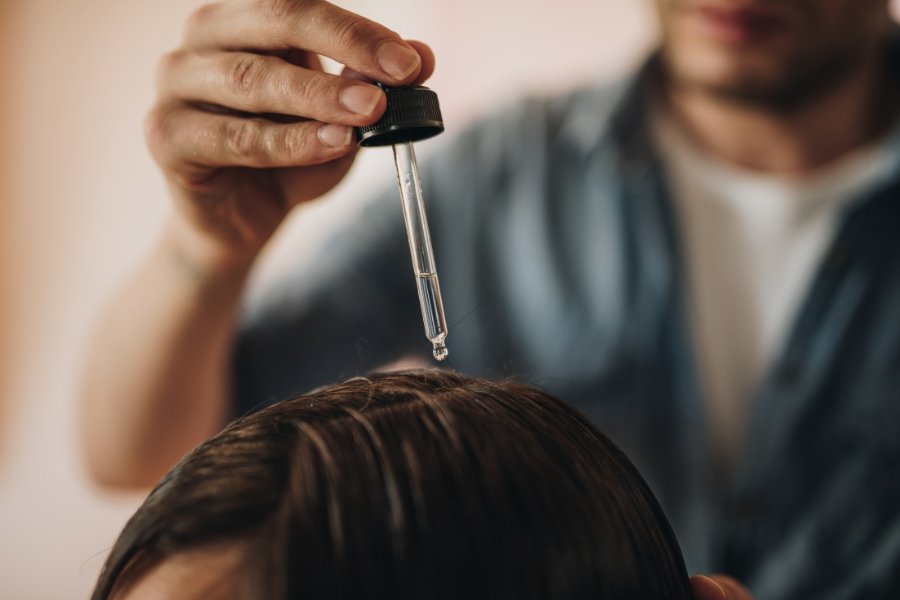


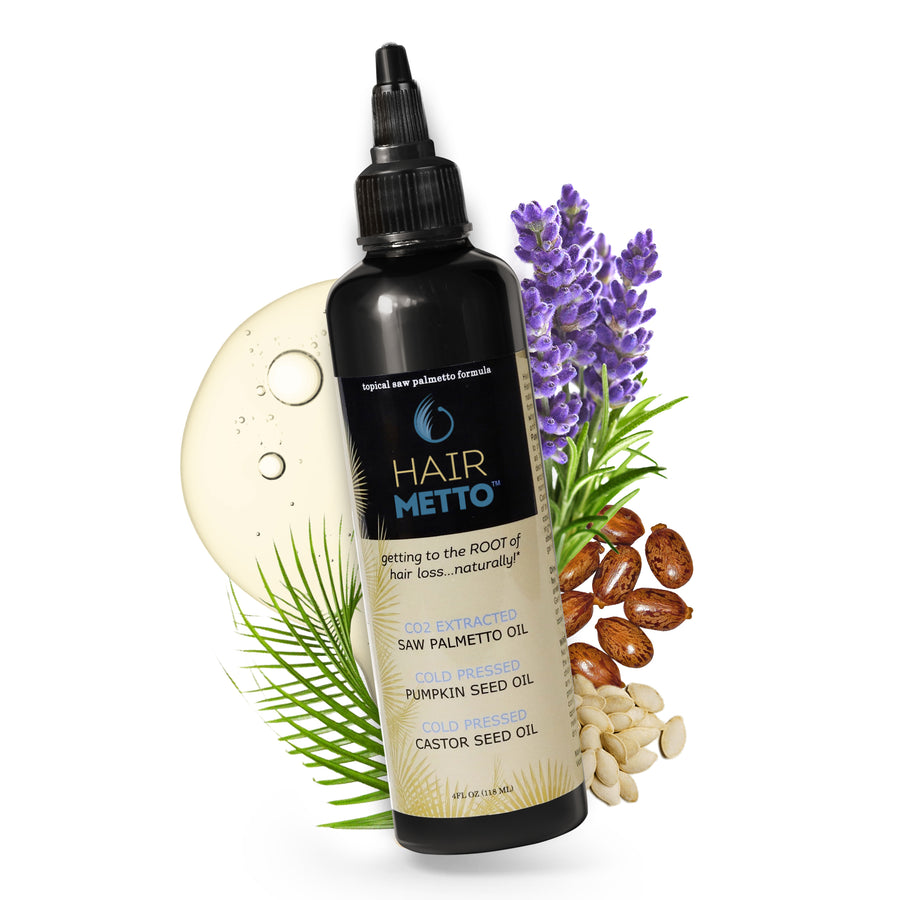
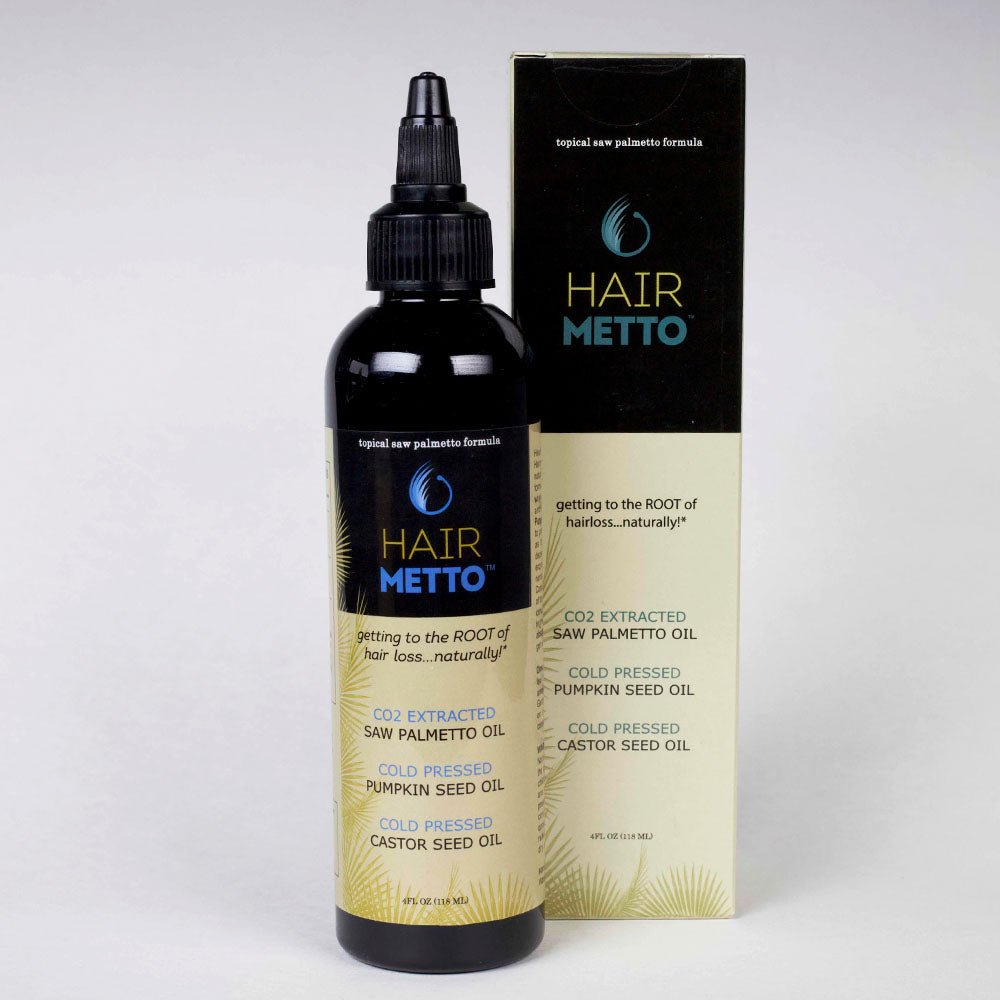
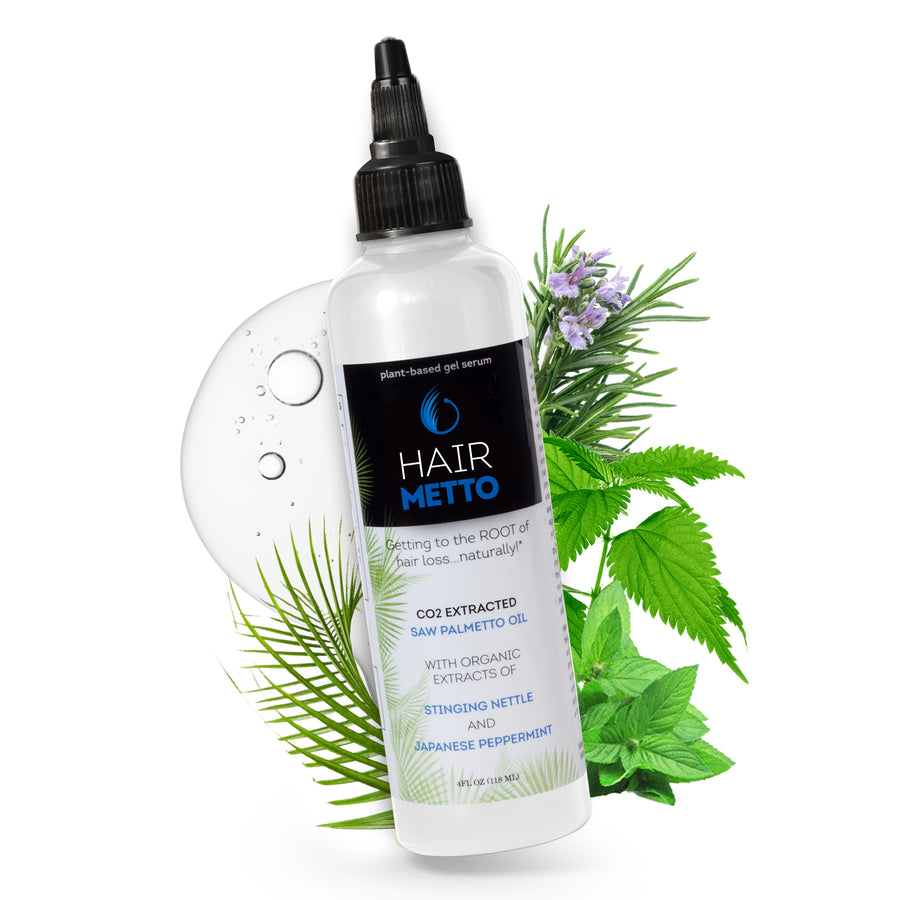
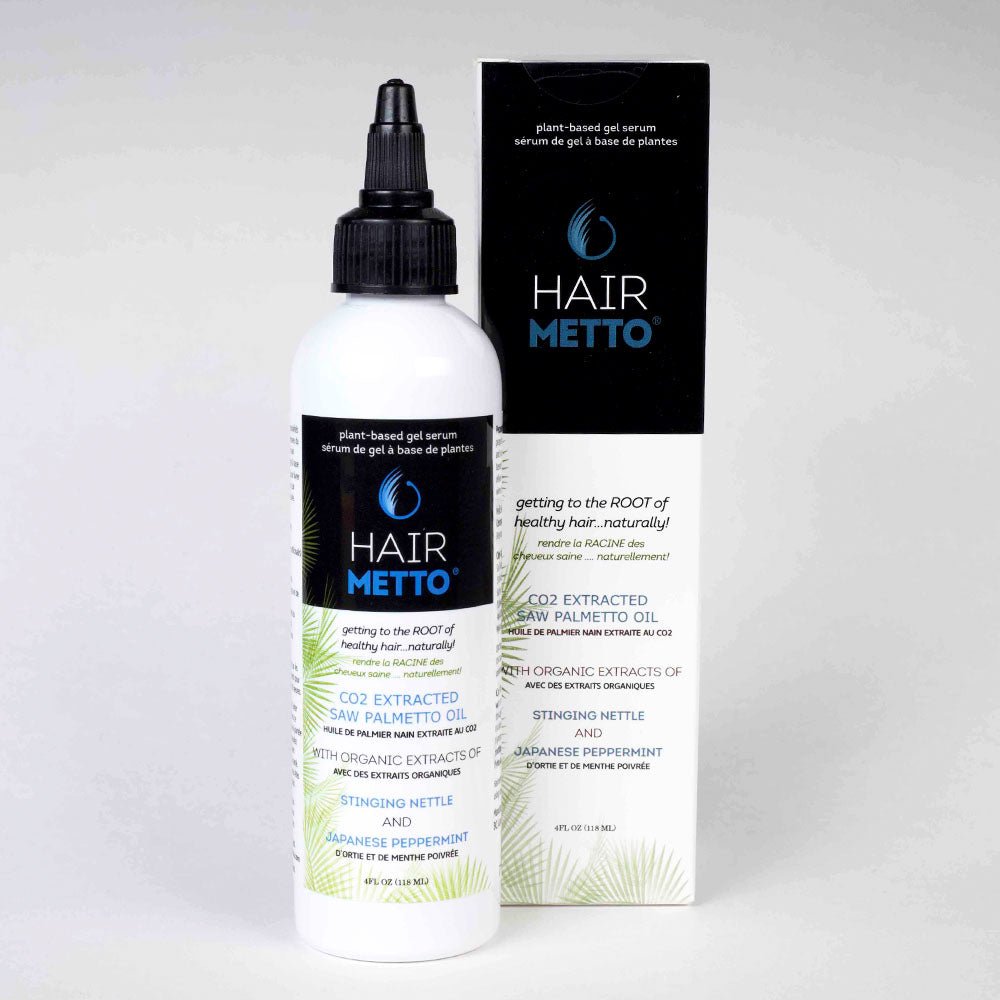
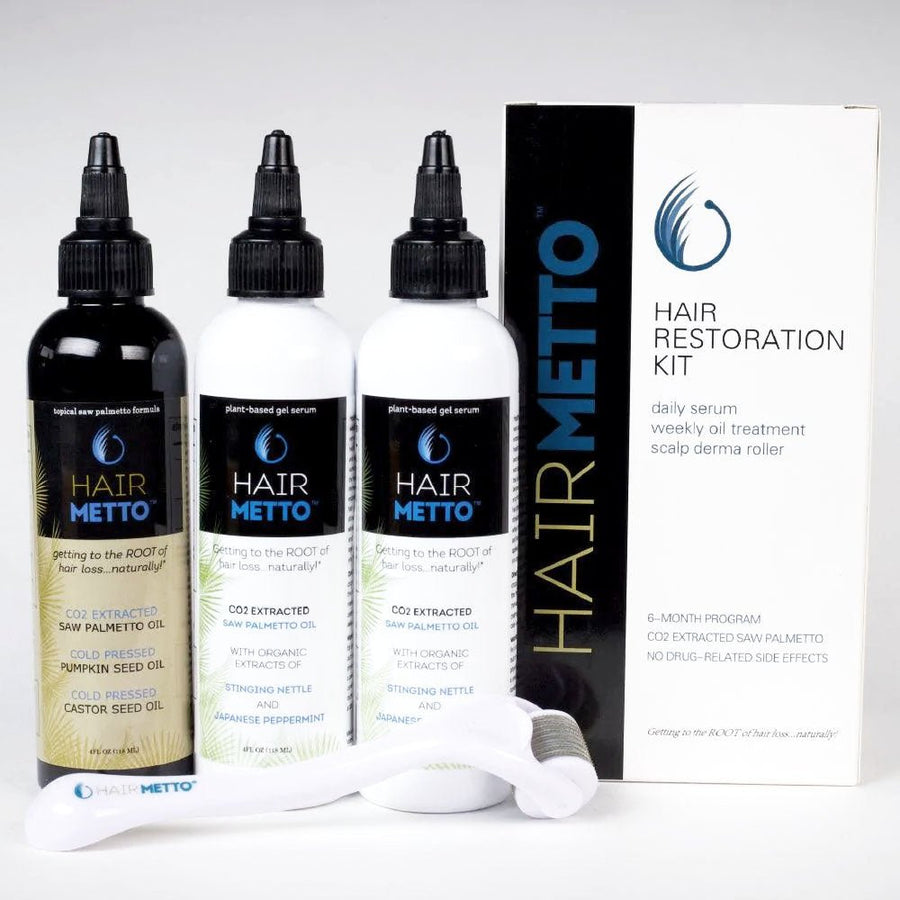
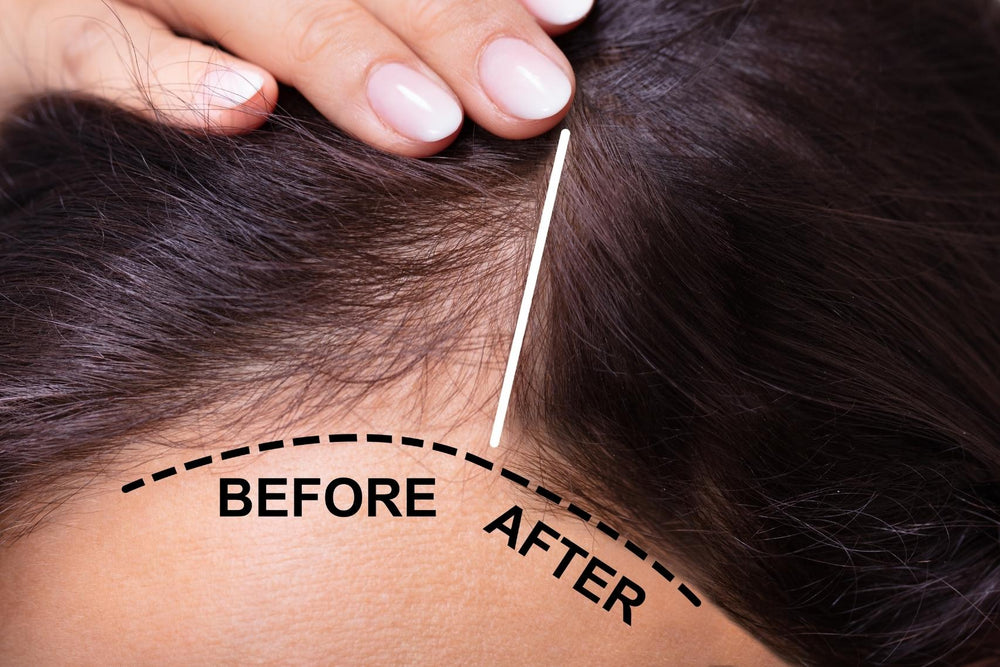
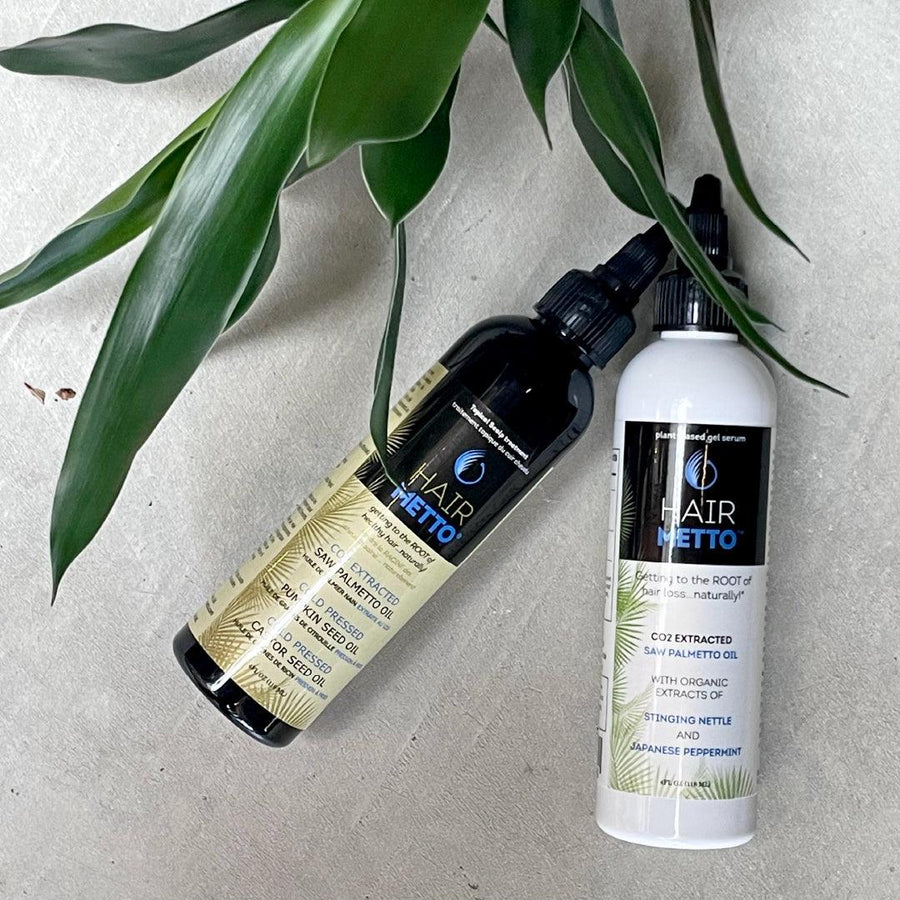
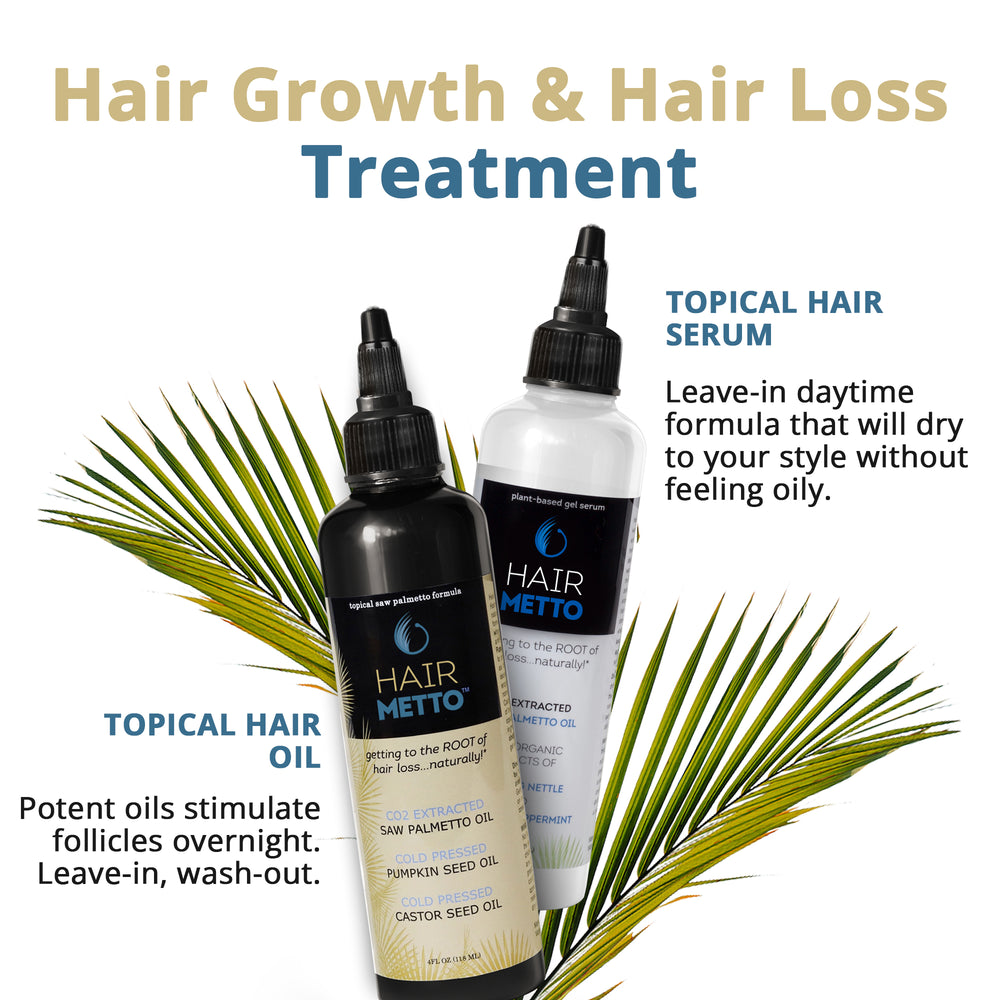
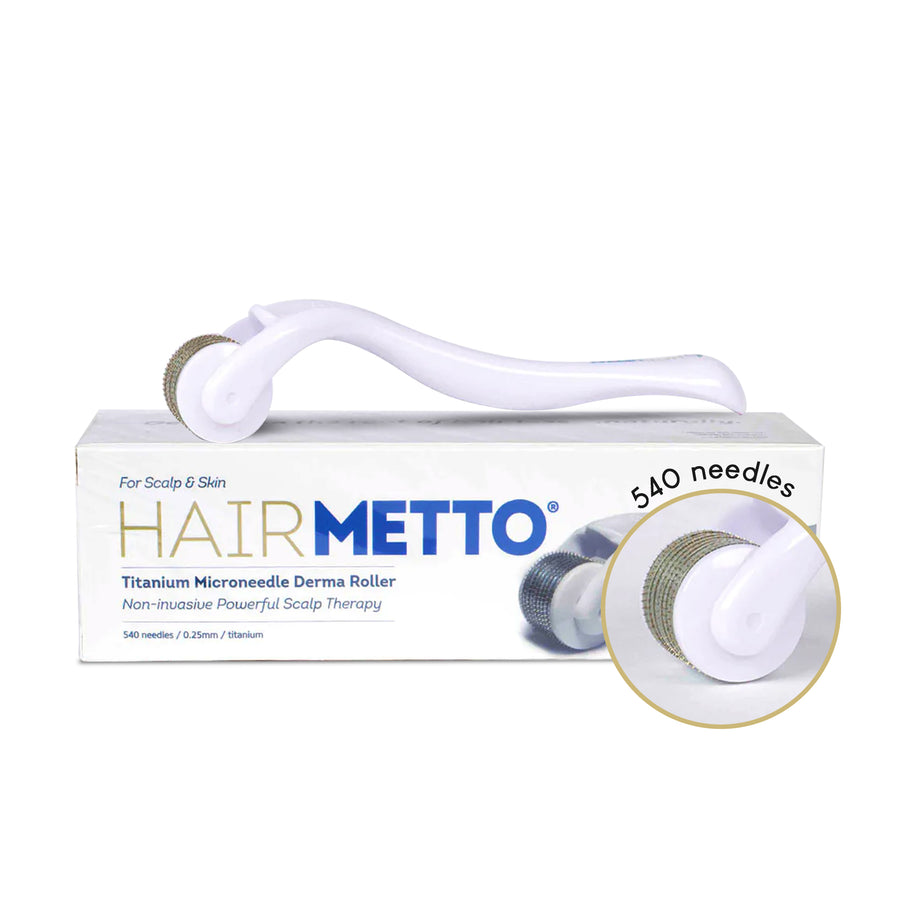
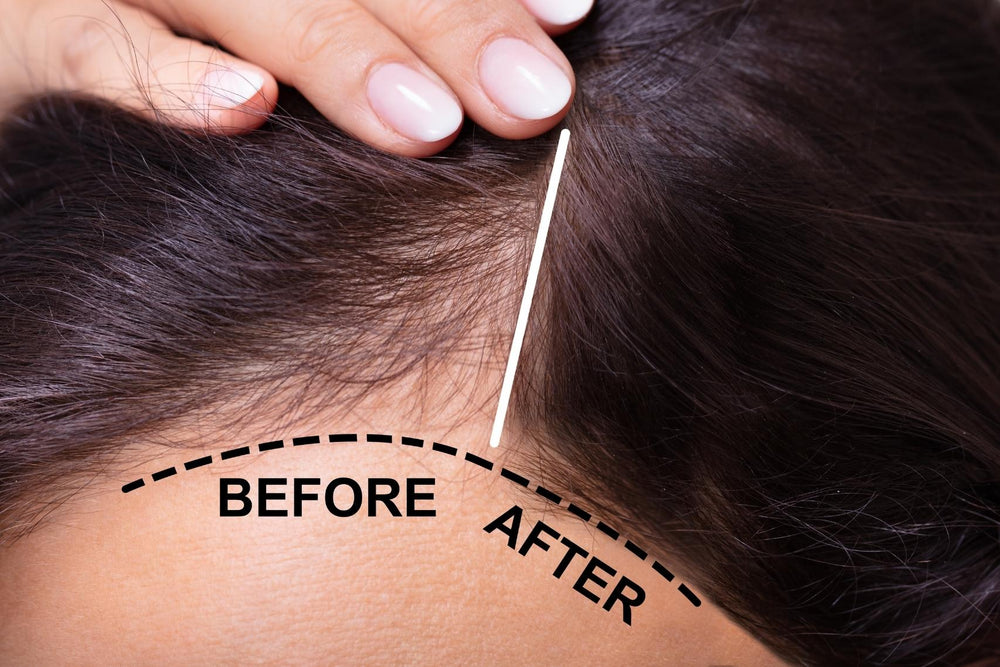
Leave a comment